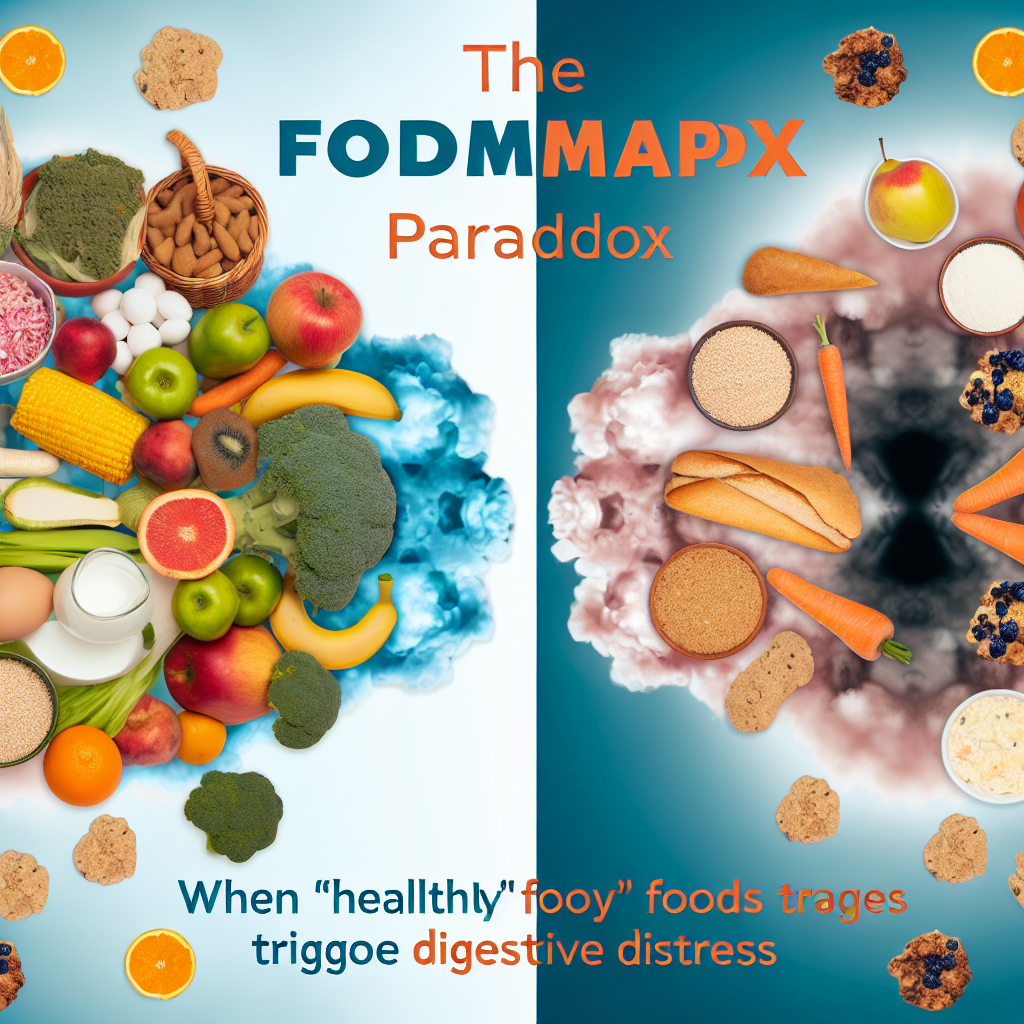Alternative Heart Disease Treatments: Evidence-Based Insights
Introduction
Heart disease remains the leading cause of death worldwide, affecting millions annually. While conventional medicine, including prescription drugs and surgical interventions, has proven highly effective in managing and treating cardiovascular disease, there is growing interest in natural and alternative therapies. Many individuals seek complementary or holistic approaches to prevent and manage heart conditions, particularly due to concerns over side effects and long-term medication dependence.
Alternative heart disease treatments encompass a broad spectrum of strategies, including herbal remedies, dietary interventions, homeopathy, and mind-body techniques. Some individuals turn to these natural treatments in conjunction with their prescribed medical regimens, while others rely entirely on lifestyle and holistic methods. The appeal of these alternatives lies not only in their perceived safety but also in their ability to address the root causes of heart disease, such as inflammation, poor diet, stress, and a sedentary lifestyle.
Scientific research has increasingly explored the effectiveness of natural treatments for heart disease, highlighting certain herbs, nutrients, and lifestyle changes that may support cardiovascular health. For example, plant-based diets rich in antioxidants, omega-3 fatty acids, and fiber have demonstrated potential in reducing high cholesterol and blood pressure—two major risk factors for heart disease. Similarly, herbal remedies like hawthorn, garlic, and turmeric have shown promising cardiovascular benefits.
Moreover, holistic practices such as yoga, meditation, and acupuncture have been studied for their roles in lowering stress and blood pressure, improving circulation, and reducing inflammation. Additionally, homeopathic treatments claim to aid heart health by addressing individual constitutional imbalances, though their efficacy remains a topic of debate within the scientific community.
This article examines the evidence behind alternative heart disease treatments, analyzing scientific research and expert opinions on the benefits and limitations of herbal medicine, dietary adjustments, and mind-body practices. If you or a loved one are considering natural therapies for cardiovascular health, understanding the existing evidence can help guide safe and effective decisions. While natural treatments offer promising benefits, it is crucial to integrate them cautiously with conventional medicine and consult healthcare professionals before making drastic changes.
Scientific Evidence Supporting Alternative Treatments
Powerful Herbal Remedies and Supplements for Heart Health
Several herbs and natural compounds have demonstrated potential benefits for cardiovascular health. Among them, hawthorn (Crataegus spp.) has been extensively studied for its cardioprotective properties. A meta-analysis published in The Cochrane Database of Systematic Reviews found that hawthorn extract may improve exercise tolerance and decrease symptoms of heart failure, such as shortness of breath and fatigue.
Garlic (Allium sativum) is another widely recognized natural remedy for heart health. Studies have found that garlic supplementation can help reduce blood pressure, lower LDL cholesterol, and support overall vascular health. A 2020 study published in Experimental and Therapeutic Medicine concluded that garlic extract supplementation reduced hypertension in patients with cardiovascular disease while improving arterial flexibility.
Coenzyme Q10 (CoQ10) is often advocated as a supplement for heart health. CoQ10 is essential for cell energy production, and lower levels are associated with heart failure. Research in The American Journal of Clinical Nutrition suggests that CoQ10 supplementation may improve symptoms in patients with chronic heart failure and reduce oxidative stress, a key factor in heart disease.
Transform Your Heart Health with These Proven Diets
The Mediterranean diet, rich in vegetables, fruits, lean proteins, healthy fats (such as olive oil), and whole grains, has been validated as one of the most effective natural approaches for heart disease prevention. A landmark study, The PREDIMED Trial, published in The New England Journal of Medicine, found that participants following a Mediterranean diet supplemented with extra virgin olive oil or nuts had a 30% lower risk of major cardiovascular events compared to those on a low-fat diet. Foods high in polyphenols, such as berries, dark chocolate, and green tea, have also been studied for their role in reducing heart disease risk by lowering inflammation and improving endothelial function.
Plant-based diets, which exclude animal products and emphasize whole plant foods, have shown similar cardiovascular benefits. Research published in Journal of the American Heart Association highlighted that strict adherence to a plant-based diet was linked to lower incidence of hypertension, high cholesterol, and overall heart disease risk.
Mind-Body Practices: The Key to a Healthy Heart
Yoga and meditation have gained attention for their profound effects on stress reduction and cardiovascular health. Chronic stress is a well-documented risk factor for hypertension and heart disease. A study published in The Journal of the American College of Cardiology found that practicing meditation significantly reduced systolic blood pressure and systemic inflammation, reducing the risk of cardiovascular events.
Acupuncture, a traditional Chinese medicine practice, has been studied for its effects on cardiovascular health. A systematic review published in BMC Complementary Medicine and Therapies suggested that acupuncture may help lower blood pressure and improve heart rate variability in individuals with hypertension.
Conclusion
The evidence supporting alternative heart disease treatments is compelling. Numerous scientific studies validate the benefits of herbal remedies like hawthorn and garlic, dietary interventions such as the Mediterranean and plant-based diets, and mind-body practices like yoga and meditation. While these natural approaches can complement conventional medical treatments, it is essential to recognize that they are not one-size-fits-all solutions.
For individuals considering alternative treatments, working closely with healthcare professionals ensures safe integration with prescribed therapies. Although many natural therapies show promise, some supplements may interact with medications or pose risks for specific health conditions.
Ultimately, maintaining heart health is a multifaceted approach that involves balanced nutrition, stress management, regular physical activity, and mindful attention to overall well-being. By combining alternative treatments with evidence-based conventional therapies, individuals can take proactive steps toward cardiovascular health and longevity.
Concise Summary:
Alternative heart disease treatments, including herbal remedies, dietary changes, and mind-body practices, have shown promising evidence for supporting cardiovascular health. While these natural approaches can complement conventional treatments, it is crucial to work closely with healthcare professionals to ensure safe and effective integration.

Dominic E. is a passionate filmmaker navigating the exciting intersection of art and science. By day, he delves into the complexities of the human body as a full-time medical writer, meticulously translating intricate medical concepts into accessible and engaging narratives. By night, he explores the boundless realm of cinematic storytelling, crafting narratives that evoke emotion and challenge perspectives.
Film Student and Full-time Medical Writer for ContentVendor.com




